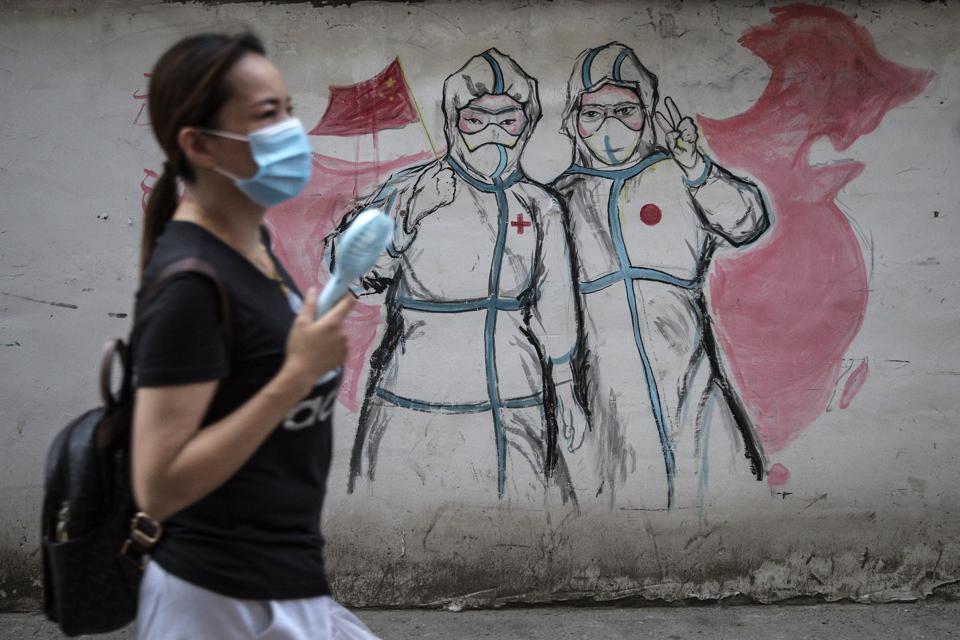
However, charities in China are generally not trusted. In recent months, Chinese banking and digital payment giants have built blockchain-based platforms to address communication problems between charities and affected communities, as well as a lack of transparency in the current donation distribution system.
Alibaba and Tencent at the service of charities
Alibaba publicly traded company (Alibaba shares - ticker: BABA), founder of AliPay, released the technical framework and industry standards for blockchain platforms for charities in September. Alibaba plans to increase transparency by tracking donations on the corporate blockchain and make it easier for people to donate via its authentication feature.
Tencent (ticker: TCEHY) has also committed to recording donations from a nationwide charity campaign on its corporate TUSI blockchain. The annual campaign, held on September 9 each year, raised more than $ 3 billion from more than 43 million people and 14.000 businesses in 2019, local news sources reported.
The Industrial and Commercial Bank of China (ICBC), one of the top four state-owned commercial banks in China, described blockchain use cases for charities in a 2020 white paper on adopting the technology in the service sector financial.
"The Red Cross branch in Guangxi and the Zhuhai Charity headquarters are currently on our platform and we will gradually invite more organizations across the country," the bank said in the white paper.
Confidence crisis
These actions echo the State Council's call to use emerging technologies, including blockchain, to improve the charity system in China and restore public trust in Chinese charities.
The Chinese Red Cross, one of the country's largest charities, has been criticized for failing to supply hospitals battling the coronavirus in February. Furthermore, Chinese citizens have not forgotten another old scaldalo that caused serious damage to the reputation of the Red Cross: a woman named Guo Meimei who claimed to have worked for the Red Cross, had jumped to the headlines by showing her lavish lifestyle on social media in 2011.
Unsubstantiated rumors said he had contact with a senior Chinese Red Cross official and misused some of the association's funds. The organization had received tens of millions of dollars in donations in the wake of the 2008 Wenchuan earthquake.
In its proposed policy in 2016, the Chinese Red Cross Foundation said it would set up an independent third-party institution to control and oversee the management of its supplies and donations, according to a document on the State Council's official website.
